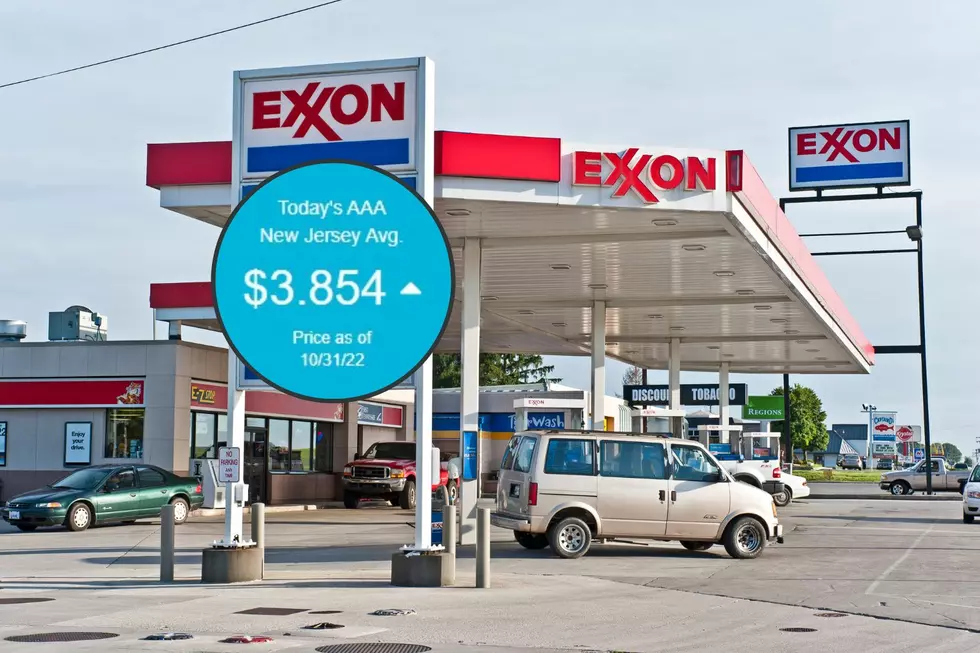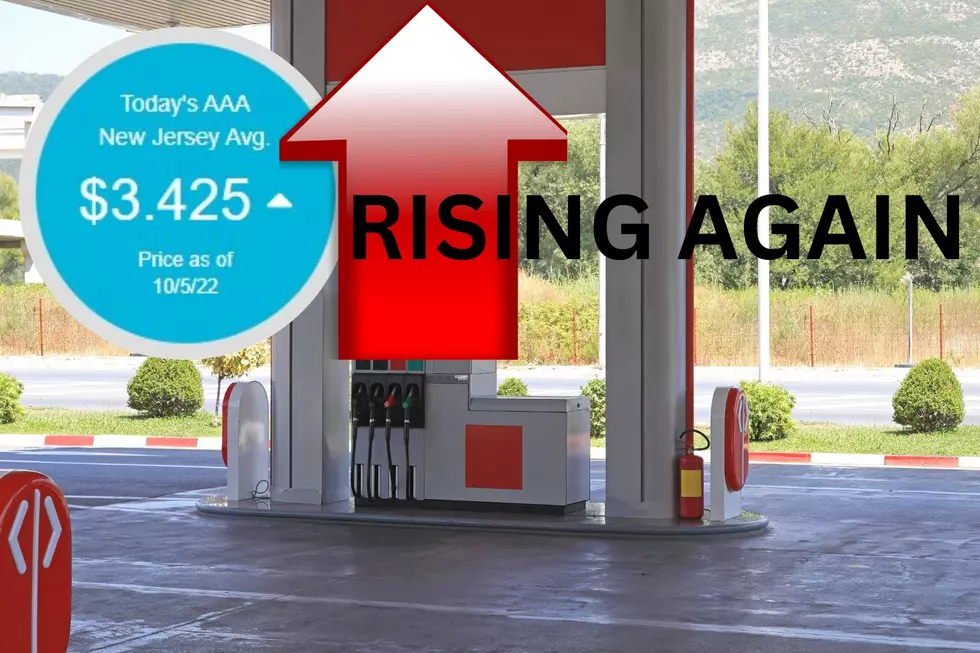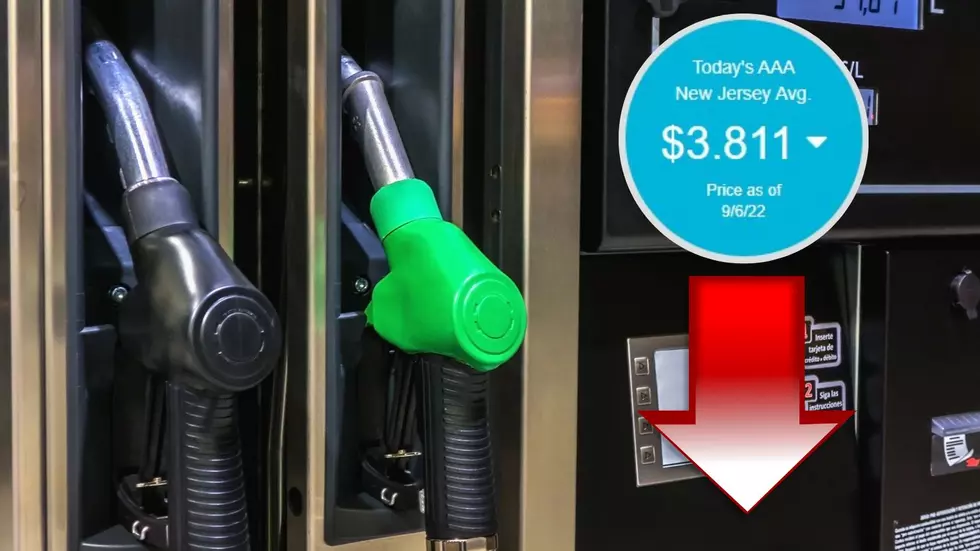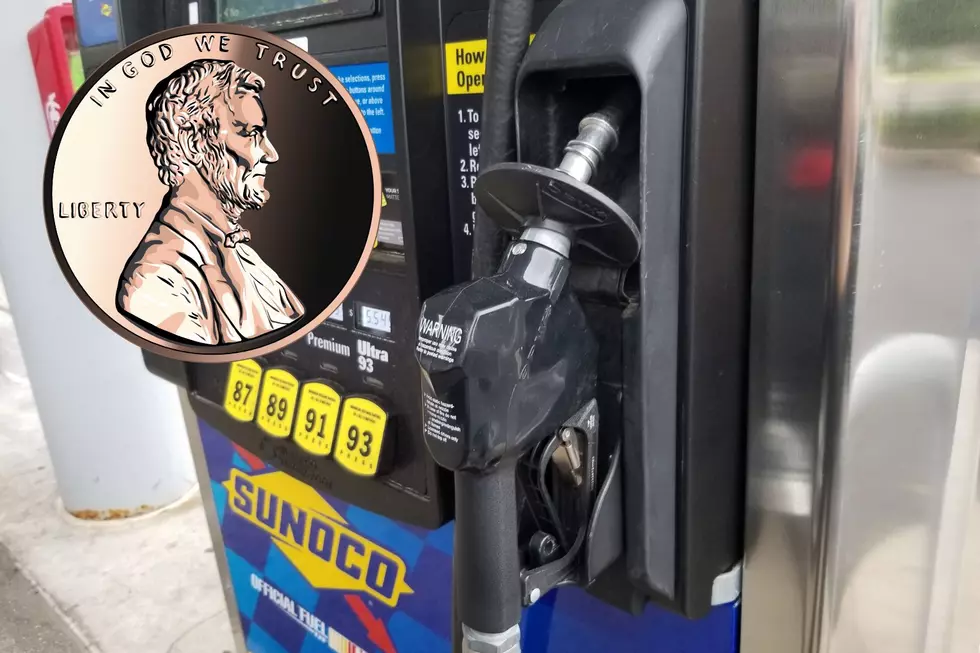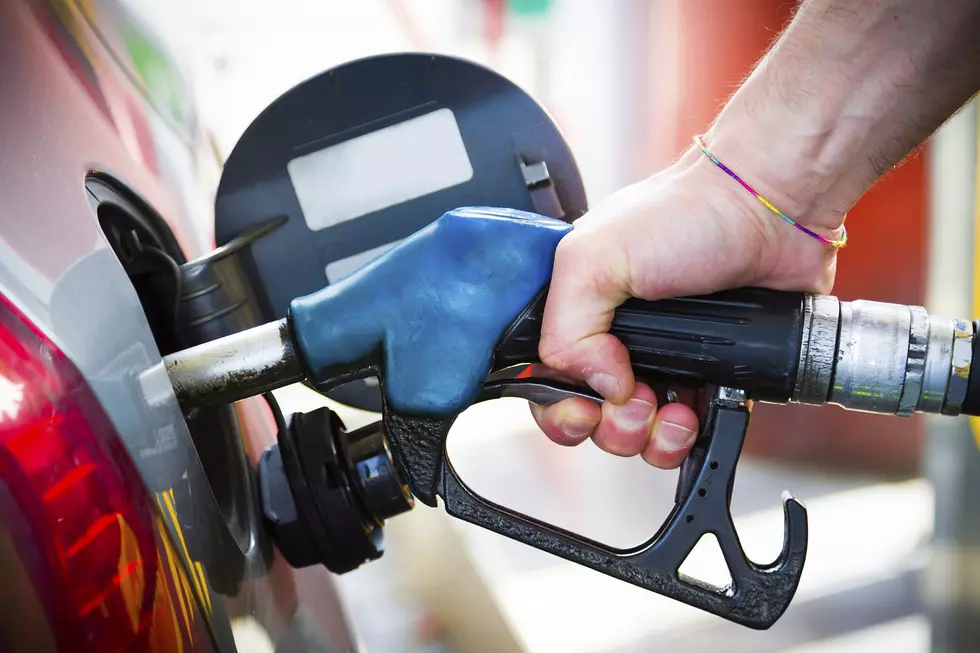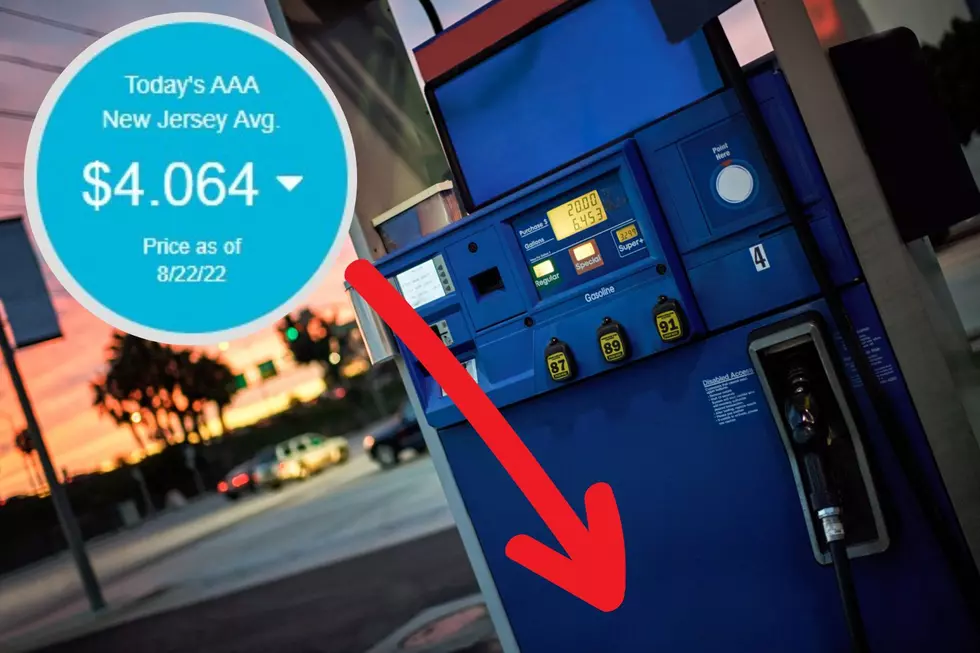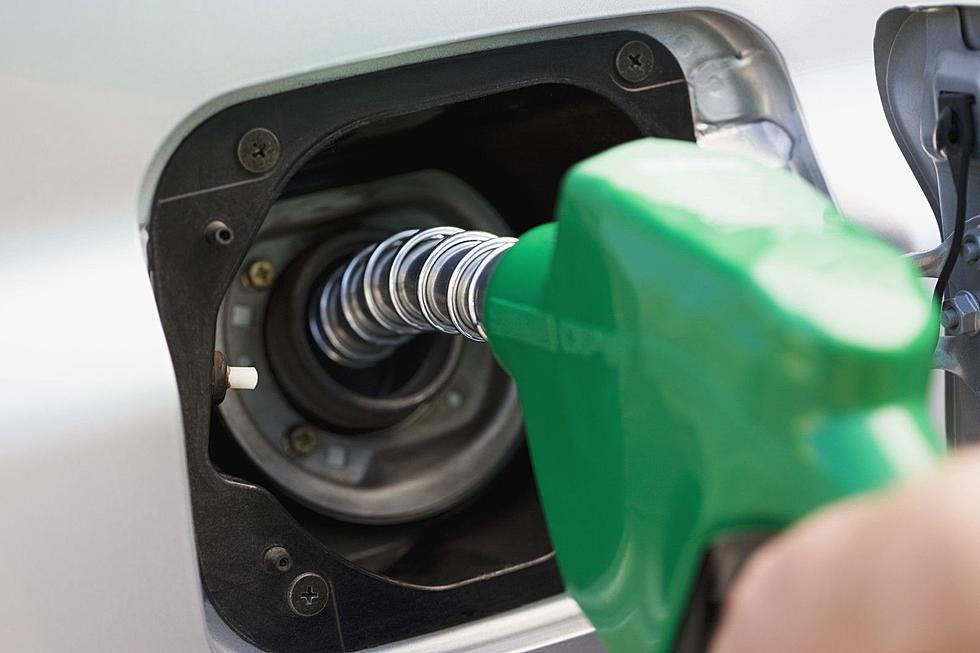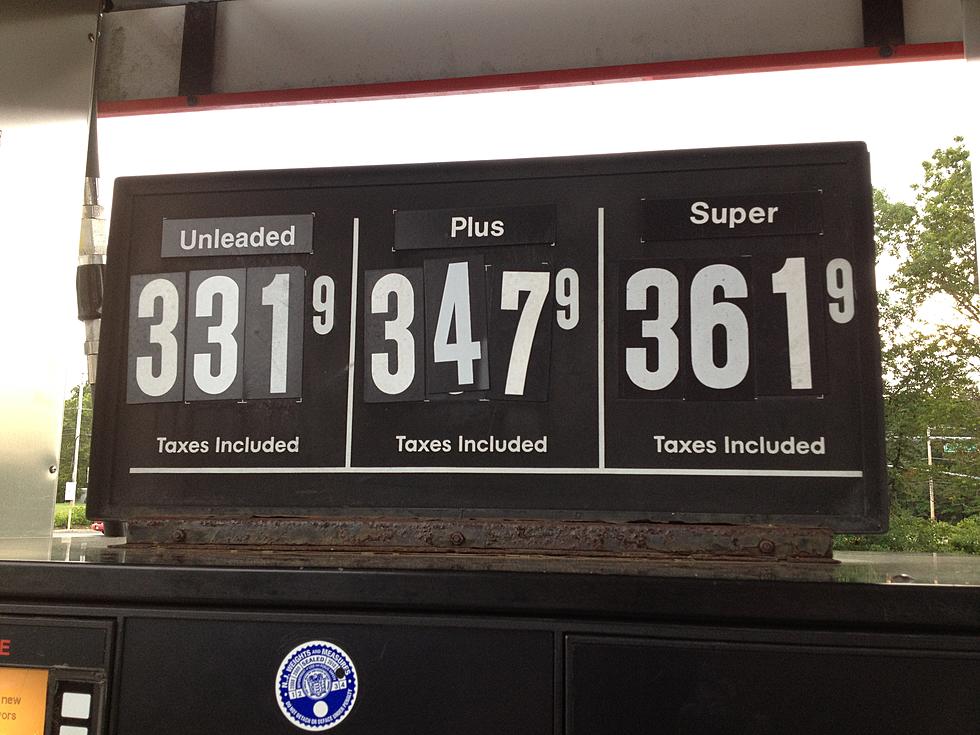
Why do NJ gas prices vary so much from station to station?
The average price for a gallon of regular gasoline is around $3.44 in New Jersey right now, according to GasBuddy.
That obviously means you can find prices both below and above that mark throughout the state. But you don't have to travel great lengths to do so. In fact, a motorist has the option today to pay $3.69 cash per gallon at an Exxon station in New Brunswick, or travel 5 miles to another Exxon, in the same city, and pay 30 cents less per gallon, according to user submissions on GasBuddy.
Numerous factors go into pricing at New Jersey's gas stations — some are obvious, others are not. Learning more about the marketplace may actually help you predict where you'll find the best prices, for the best stuff, on your daily commute.
Quality of gasoline
"Yes, there is a difference in quality. However, not a great difference," Sal Risalvato, executive director of the New Jersey Gasoline, Convenience Store and Automotive Association, told New Jersey 101.5.
In general, you're likely to pay more for gasoline at the big-name spots like Mobil or Shell, compared to the lesser-known stations that are pumping "unbranded" gasoline.
Regardless of the company name, all gasoline has to meet a certain quality standard. But companies that opt for top-tier gasoline, which includes additives meant to prolong the life of your vehicle's fueling system, are paying a bit more for that product. Particular brands may also have a proprietary concoction that promises better vehicle performance, and any of those could add pennies per gallon.
Unbranded gasoline is being purchased by the retailer at about 10 cents per gallon less than what's being paid by the big names, according to Risalvato.
Over time, Risalvato said, filling up on only the cheaper brands has the potential to impact your vehicle.
"Those gasolines do not have any kind of detergent factors injected at the time the truck is loaded, that help prevent buildups in your injector systems," he said.
Competition and location
Because of the quality of gasoline, a place like BP essentially needs to charge more than a lesser-known seller. But how much more can depend a lot on nearby competition, or the absence of it.
That's why you rarely see drastic differences in prices at major intersections with more than one gas station. A shop selling top-tier gasoline may not get enough business if its per-gallon price is much higher than the station across the street.
"Competition is what makes the price stay down," Risalvato said. "Gasoline is more price sensitive than any other product because we post the price on the street, and people drive by our locations for a penny."
But if a gas station is the only one available for miles in any direction, it has more freedom to charge what it wants. Many times, you'll see higher-than-average prices at Parkway and Turnpike rest stops — if you desperately need gas, your options are limited.
Sucking you in
At one point, companies like Wawa and QuickChek weren't generally associated with fuel in the Garden State.
But massive food-fuel locations from these names and others are popping up all over the state, offering up reasonable prices at the pump ... because they can.
The gas station may not make much money on your fill-up, but the market will secure hefty profit margins when you stroll inside for a cup of coffee and a sandwich.
Spots like these can afford to cut the amount of money they make on each gallon of gas, because it's their other offerings that make the real profit.
They pay more, so you pay more
For the same product, from the same supplier hauling it, a gas station on one side of town could be paying 10 to 15 cents more per gallon than another station. Gas stations' contracts with suppliers "vary so greatly," Risalvato noted.
"The supplier, they charge different prices to different gas stations," Risalvato said. "And they do that, often because the marketplace in that geographic region may permit them to charge a higher price."
Basically, a supplier knows when a gas station has the ability to charge an above-average price for gas and still get a decent number of customers.
If a retailer is charged a higher price, that retailer must also charge a higher price. If that higher price actually results in less volume being pumped out, the retailer may have to jack prices even higher to fill the gap.
Contact reporter Dino Flammia at dino.flammia@townsquaremedia.com.
The 10 Most Stolen Vehicles In New Jersey
What $10,000 could get you in NJ
More From Beach Radio

